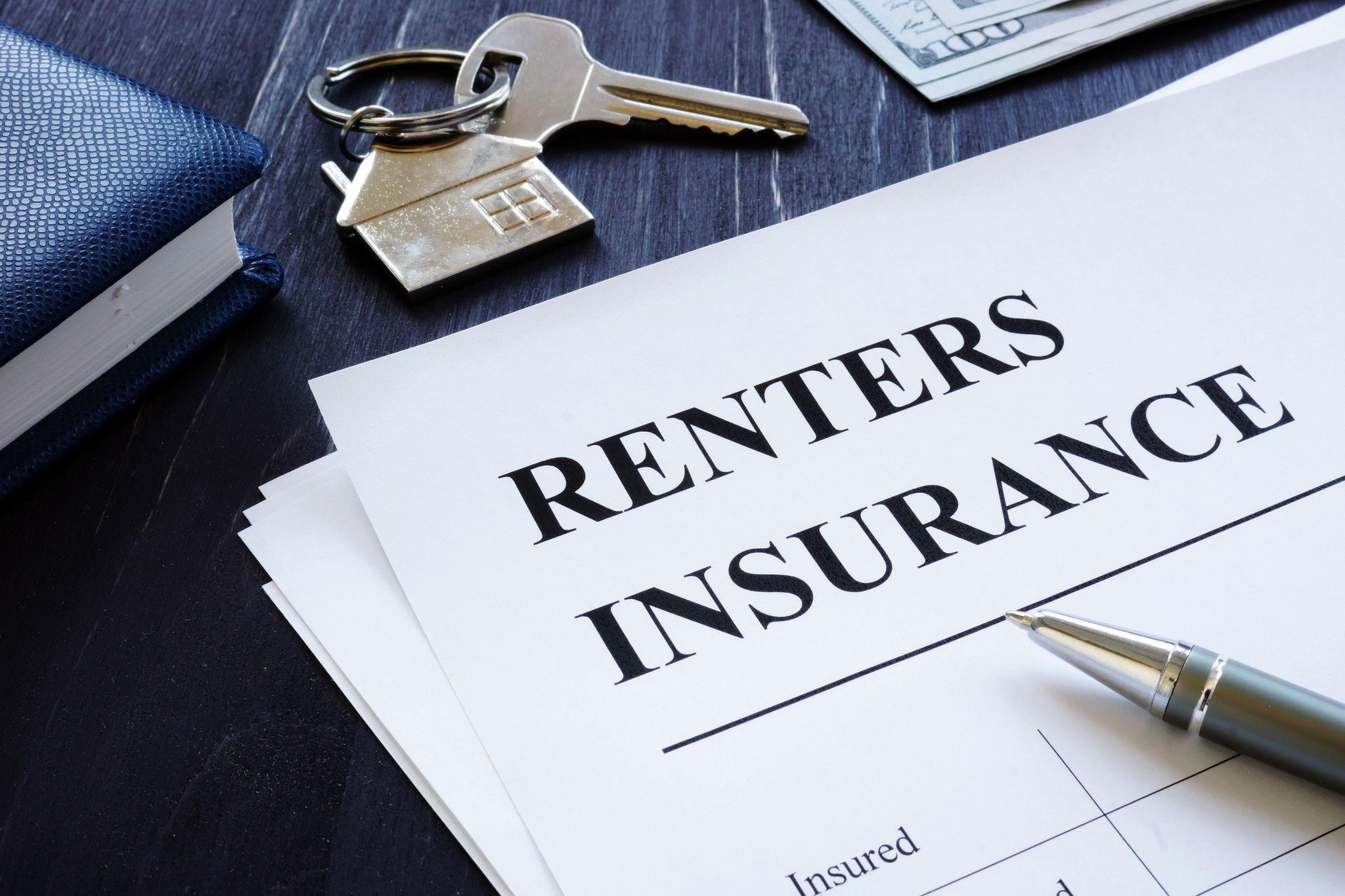Renters Insurance 101: Everything You Need to Know

If you’re renting, understanding renters insurance can give you essential protection and peace of mind. Unlike homeowner’s insurance, which covers the actual building structure, renters insurance focuses on safeguarding your personal belongings and liability. This guide will break down what renters insurance is, why you need it, and how to find the right policy to fit your lifestyle.
For a deep dive and expert advice on renters insurance, check out Epee Education’s Renters Insurance 101 Course, an excellent resource for students and professionals looking to understand real-world essentials.
What Is Renters Insurance?
Renters insurance is a policy tailored for people renting their homes, whether it’s an apartment, house, or shared space. While your landlord’s insurance covers the building, renters insurance covers your personal belongings and liability in case of incidents like fire, theft, or injuries within the rental.
Key Benefits of Renters Insurance
Renters insurance is often overlooked, but it provides important protections, such as:
- Theft Protection – If your personal items are stolen, renters insurance can help replace them.
- Fire and Water Damage Coverage – Renters insurance can cover the cost of replacing or repairing items damaged by events like fires.
- Liability Coverage – If someone is injured in your space, liability coverage can help cover medical bills and potential legal fees.
- Temporary Living Expenses – If you need to temporarily leave your home due to damage, renters insurance can cover hotel and other living expenses.
Components of Renters Insurance
When purchasing renters insurance, you’ll find these common components:
- Personal Property Coverage
- This coverage protects your belongings, such as furniture, electronics, clothing, and more. Most policies offer either actual cash value (covering the depreciated value) or replacement cost coverage (covering the full cost to replace items). High-value items may require additional coverage.
- Liability Coverage
- Liability insurance can protect you financially if you’re responsible for injury to another person or damage to their property. Coverage limits vary, but a standard policy typically starts around $100,000.
- Additional Living Expenses (ALE)
- If a covered event makes your home uninhabitable, ALE can cover temporary lodging, meals, and other increased living expenses until you can return.
- Medical Payments Coverage
- This part covers small medical expenses if someone is injured in your home, regardless of fault.
Common Myths About Renters Insurance
Let’s clear up a few misconceptions that often stop renters from getting this valuable coverage:
- “Renters insurance is too costly.”
- On average, renters insurance costs between $10 to $20 per month—far less than replacing belongings in the event of theft or disaster.
- “My landlord’s insurance will cover my stuff.”
- A landlord’s policy only covers the building. Renters insurance is necessary to protect your personal items and liability.
- “I don’t own anything valuable.”
- Even everyday items, such as clothes, electronics, and appliances, add up in value. Renters insurance helps you avoid unexpected financial burdens when replacing essentials.
Choosing the Right Renters Insurance Policy
Here are steps to finding the policy that works best for you:
- Take Inventory – Estimate the total value of your belongings to determine how much personal property coverage you need.
- Consider Your Liability Needs – If you host guests frequently or have pets, you may need higher liability coverage.
- Review Policy Details – Compare deductible amounts, premium costs, and additional coverage options, such as flood or earthquake protection if you live in a high-risk area.
Filing a Renters Insurance Claim: Step-by-Step
If you need to file a claim, here’s what to expect:
- Report the Incident – Contact your insurer as soon as possible.
- Document Everything – Take photos of the damage, make a list of lost items, and gather any relevant receipts.
- File a Police Report – For theft or vandalism, a police report may be required.
- Work with the Adjuster – An adjuster may visit your property to assess the damage.
- Receive Payment – Once approved, your insurer will issue a payment for your claim.
Frequently Asked Questions
- Is renters insurance required?
- While it’s not legally required, some landlords require renters insurance. Even if it’s optional, it’s a worthwhile investment.
- Will it cover my roommate?
- Renters insurance typically only covers the policyholder. Roommates should consider getting their own policy.
- Can renters insurance cover my car?
- Renters insurance doesn’t cover vehicles, but it may cover personal items inside your car.
Wrapping Up: The Value of Renters Insurance
Renters insurance is a small cost for the peace of mind and financial protection it provides. Whether it’s safeguarding your belongings, covering liability, or reimbursing temporary living costs, it’s an essential policy for renters.
For more in-depth guidance on renters insurance and other real-world skills, explore Epee Education’s Renters Insurance 101 Course and gain confidence in protecting your home and valuables.
- Art
- Causes
- Crafts
- Dance
- Drinks
- Film
- Fitness
- Food
- Games
- Gardening
- Health
- Home
- Literature
- Music
- Networking
- Other
- Party
- Religion
- Shopping
- Sports
- Theater
- Wellness
- IT, Cloud, Software and Technology


